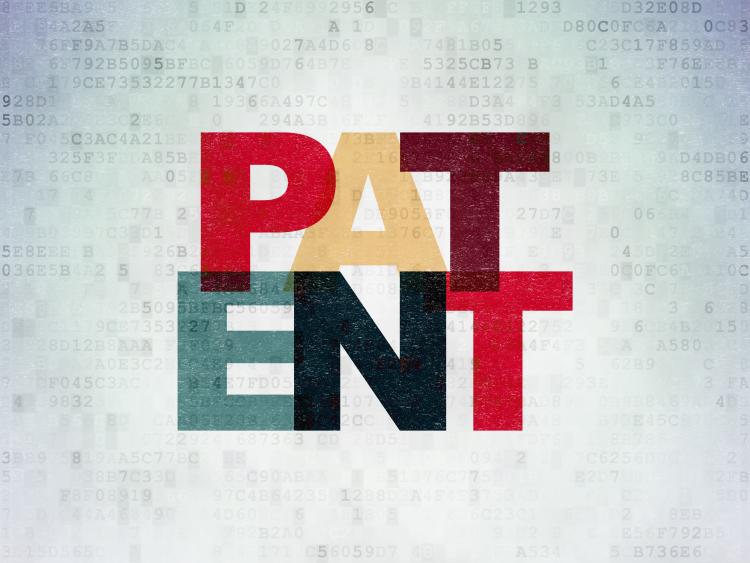
On August 14, 2024, the Federal Court of Canada (the Court) released its decision in Molo Design, Ltd. v Chanel Canada ULC, 2024 FC 1260, dismissing Molo Design, Ltd.’s (the Plaintiff) patent infringement action against Chanel Canada ULC, Procédés Chénel SARL, and Chanel SAS (collectively, the Defendants), and granting the Defendants’ counterclaim for patent invalidity in part.
This action arose as a result of window décor implemented by Chanel in 2021, which the Plaintiff alleged infringed their Canadian Patent 2,527,927 (the ‘927 Patent). The ‘927 Patent, entitled “Flexible Wall System,” claims articles of flexible furniture having a core of honeycomb lattice material with a pair of supports at opposite ends, forming a freestanding wall. Chanel’s window displays utilized flexible partition products and incorporated honeycomb lattice material, and early “mood boards” created by Chanel in planning the display included pictures of the Plaintiff’s products.
The Plaintiff alleged that, by deliberately choosing not to purchase its patented products, and instead purchasing cheaper copies supplied by a former distributor of the Plaintiff’s products, the Defendants infringed 11 of the 17 claims of the ‘927 Patent. The Defendants asserted, both by way of defence and counterclaim, that the ’927 Patent was invalid for anticipation and obviousness.
The central issue between the parties in the infringement action was whether the impugned products in Chanel’s window décor contained all the essential elements of the ‘927 Patent. The Court found that the products utilized by Chanel did not have a pair of supports within the meaning of the claims of the ‘927 Patent, and therefore did not contain all the essential elements of the claims. As a result, the Court dismissed the Plaintiff’s patent infringement action.
The Court went on to address the Defendant’s counterclaim, ultimately finding that claims 1 and 2 (and their dependent claims) of the ‘927 Patent were invalid for either anticipation or obviousness. The Court determined that Claim 3 and its dependent claims remain valid, but uninfringed.
Summary By: Claire Bettio
E-TIPS® ISSUE
Disclaimer: This Newsletter is intended to provide readers with general information on legal developments in the areas of e-commerce, information technology and intellectual property. It is not intended to be a complete statement of the law, nor is it intended to provide legal advice. No person should act or rely upon the information contained in this newsletter without seeking legal advice.
E-TIPS is a registered trade-mark of Deeth Williams Wall LLP.
